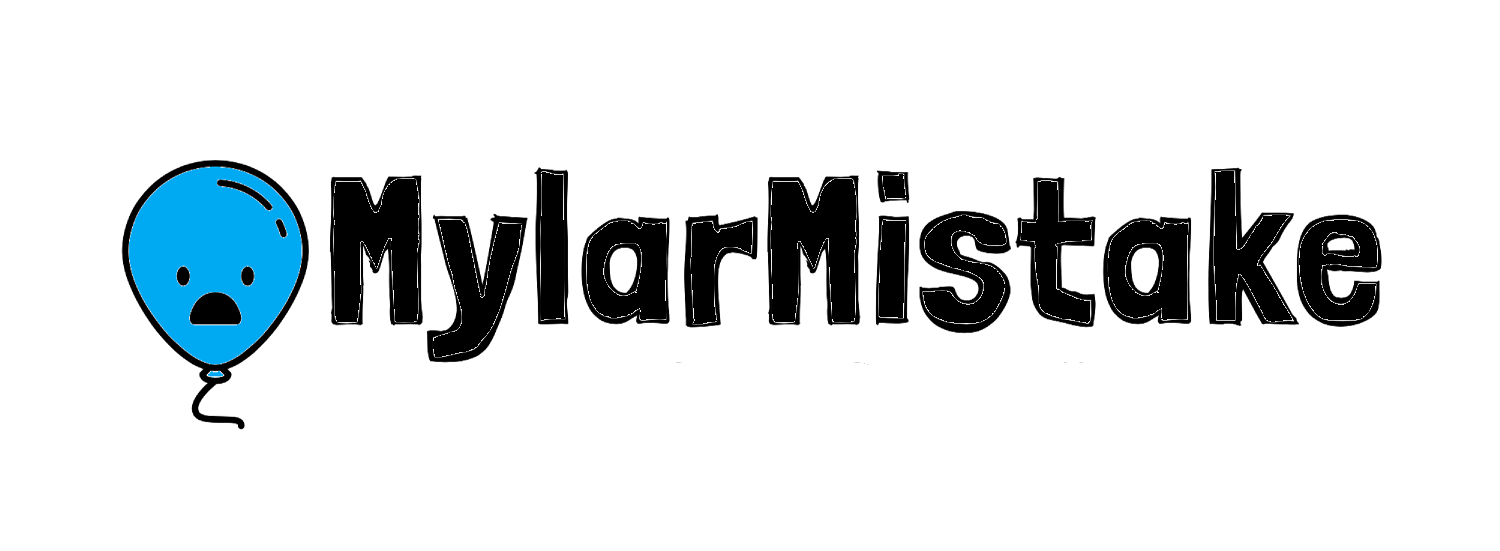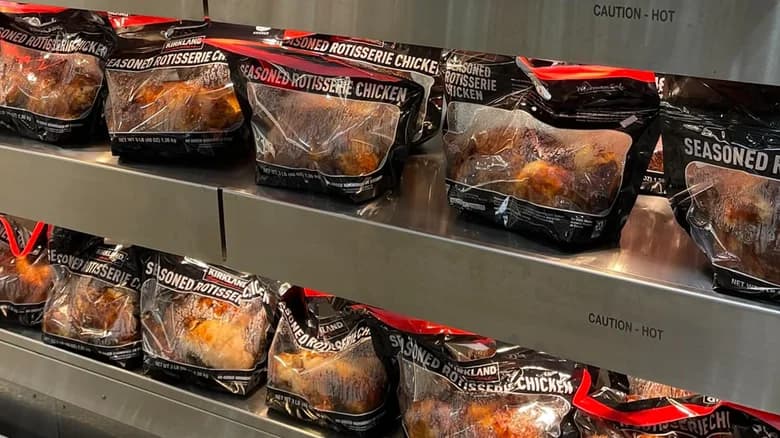Recently, Costco made a significant change to its Kirkland Signature Rotisserie Chicken packaging, moving from their potentially recyclable plastic “clam shell” containers to Mylar bags. This decision has raised concerns among environmentally conscious consumers and advocates like us at Mylar Mistake. While Costco’s rotisserie chickens are immensely popular, with the company selling over 100 million annually, this switch to Mylar packaging is a troubling step backward for environmental sustainability. Based on the projected sales of rotisserie chicken for 2024, Costco representatives claim that an estimated 17 million pounds of plastic will be saved every year with the new packaging.
On the surface, this change seems beneficial. The new Mylar bags take up less space to transport—one pallet of these bags is equivalent to five pallets of the old packaging. As a result, Costco can remove 1,000 of its freight trucks from the road each year. This reduction in transportation vehicles will eliminate over 4,000 metric tons of carbon dioxide annually, presenting a significant cut in the company’s carbon footprint.
However, Mylar is notoriously difficult to recycle. Unlike the recyclable plastic containers previously used by Costco, Mylar bags contribute significantly to landfill waste and environmental pollution. Plastic waste already poses a severe threat to ecosystems, wildlife, and even human health. Mylar, in particular, is non-biodegradable and can persist in the environment for hundreds of years, breaking down into microplastics that contaminate soil and water sources.
Costco’s decision seems driven by both environmental and economic considerations. Mylar bags are cheaper to produce and lighter to transport, potentially reducing shipping costs. However, this cost-saving measure comes at a high environmental price. While the reduction in transportation emissions is commendable, the long-term environmental damage caused by increased plastic pollution from non-recyclable Mylar bags cannot be overlooked.
Statistics show that packaging waste accounts for a significant portion of plastic pollution. In the United States, nearly 30% of municipal solid waste is packaging-related. By switching to Mylar bags, Costco is contributing to this growing problem rather than mitigating it. Given the company’s size and influence, this move sets a concerning precedent for other retailers who might prioritize short-term economic gains over environmental responsibility.
As consumers, we have the power to influence corporate decisions. By voicing our concerns and advocating for sustainable practices, we can push companies like Costco to reconsider their packaging choices. It’s crucial to remind these corporations that environmental stewardship should not be sacrificed for economic convenience. If Costco continues to use Mylar, they can think bigger and come up with options for customers to recycle their Mylar responsibly at their locations.
Let’s continue to raise awareness and demand better choices for our planet. Together, we can make a difference and encourage more sustainable practices in the retail industry.


